The linear economic model may have served us well, arguably leading to incredible productivity and the modern way of life; since 1990 alone, over one billion people have been lifted out of extreme poverty and child mortality rates have been cut by more than half. However, its negative externalities and impacts are reaching the tipping point of the planetary boundaries. The planet can no longer sustain the ‘take-make-waste’ model of production and consumption.
The Circular Economy (CE) offers a pragmatic approach to decoupling the economy from intensive resource use, eliminating waste, and achieving climate neutrality, while maintaining economic growth and competitive advantage. The transition to the CE is a viable way to curb greenhouse gas (GHG) emissions and keep the temperature increase well below two degrees. It is estimated that implementing the CE can save 39% of global GHG emissions and 28% of non-renewable resource use. It also offers significant benefits to businesses by creating new opportunities to reduce costs and increase revenues. Fundamentally, CE offers an operational pathway to sustainable development; therefore, the adoption of circular business models by organizations is a critical priority to maintain, and hopefully improve, the state of our planet.
What does this mean in practice?
Until now, sustainability managers, environmental policy officers and NGOs have been the people involved in making the transition from a linear system to a circular economy possible. However, this is no longer enough to drive the transition. A circular economy needs to be implemented in all processes and across all sectors of the economy. It requires global education and training in circular economy concepts and the ability to apply ‘carbon-neutral circular economy solutions at work and in their everyday lives.’
In practice, implementing the circular economy and accelerating the transition requires the identification of CE solutions to mitigate the problems created by the linear economic model. To a large extent, the identification of solutions depends on technological thresholds and advances in many technological fields. Enabling technology can promote innovation in durability and material reuse, improve the design of circular products, and facilitate their use. This depends to some extent on an educated and competent workforce that can balance design-specific skills with broader transdisciplinary knowledge. Therefore, it is required to integrate circular economy skills and knowledge horizontally across formal education and training curricula. Training can provide career prospects for individuals and accelerate the uptake of circular principles in the economy.
Incentives for organizations to make the transition to CE
Organizations are under pressure from multiple stakeholders to adapt to a rapidly changing environment. The new understanding of the purpose of a company coupled with the responsibility to create value for all stakeholders in order to deliver value to shareholders, should persuade decision-makers to begin the transition to CE. This would meet consumer demand for companies to take more responsibility and lead the way to a sustainable future; indeed, Gen Z is already adopting sustainable behaviours due to ethical and environmental concerns. In addition, national and supranational authorities are introducing stricter environmental regulations to limit the harmful effects of economic activity. Businesses could benefit from embracing and leading the transition to a CE; in particular, pursuing circular opportunities could unlock almost USD 5 trillion by 2030.
Companies have already responded to the megatrend by attempting to at least maintain their reputation and satisfy consumer demand, albeit in the form of minor circular adjustments within the established linear business model. In the future, however, this will not be sufficient. New ways of creating value and implementing innovative circular business models are needed. Forward-thinking leaders who are in tune with current trends are already adapting their workforce strategies, fostering a culture of learning and developing circular skills and knowledge; they are therefore able to experiment and fine-tune innovative circular models that will give them the competitive edge they need to succeed in the new economic paradigm.
However, business leaders reveal important barriers to the transition to CE business models. Organisations are often faced with a reluctant corporate culture that limits the discussion of circular business models to corporate social responsibility (CSR) circles within the company. Arguably, the lack of viability of circular business models and the lack of proven technologies for implementing CE are additional challenges that prevent organisations from taking bold steps and prioritising the adoption of CE strategies.
The role of consultancies in accelerating the transition
Moving beyond the linear ‘take-make-dispose’ model is a monumental task that requires rethinking value creation and implementing innovative circular business models that are based on circular concepts and principles. Most companies do not have the organisational structure and culture to move beyond the established linear ‘business as usual’ model. But this is no reflection on companies. CE is a new field and companies understandably lack the theoretical and practical knowledge and skills to drive the transition to circular business models. Consultancy firms are considered to be highly influential in the process of adoption and diffusion of innovations. This role is even more important in the new field of CE, which requires collaborative governance and multi-stakeholder coordination, as well as innovative technical and market-based solutions for new value creation.
In this sense, consultancies are ideally suited to provide their expertise, network, and interdisciplinary skills to help companies develop the mindset, organisational culture, and practical solutions needed to adopt circular business models. The innovations would aim to remove the barriers and strengthen the drivers, through targeted interventions with clearly defined outcomes, with the intention of providing the knowledge to move from current linear practices to a circular business model.
In a unique way, consultancies combine a forward-looking and innovation-oriented focus with the ability to translate new scientific and interdisciplinary knowledge into practical solutions for specific challenges; additionally, they also provide a global network of public and private sector relationships for the dissemination of best practice and innovation. Given the needs of their clients, their global reach, and their ability to implement change, it is imperative that consultancies rapidly enhance their competencies with circular skills and knowledge. Equipped with the necessary circular skills, consultancies can then support companies in solving specific circular challenges, but more importantly in developing employee training and development programmes that aim to integrate circular concepts and principles into all business processes and value chains, thus enabling the innovation of circular business models.
How the Circular Economy Alliance (CEA) is facilitating the transition to circular business models
Recognising that the transition to a Circular Economy depends on the development of circular skills and knowledge, the CEA has curated the state of the art in Circular Economy knowledge and created a comprehensive e-learning Circular Economy Certification. The certification covers all major areas of the Circular Economy domain and aims to provide the learners with an advanced understanding of the CE concepts and practices, thus equipping the new workforce with the skills, tools and strategies needed to innovate and implement circular business models and lead a successful transition to a CE.
In this sense, it provides the necessary skills and knowledge for organisations and workers to overcome any barriers, while strengthening the drivers for the transition. A competent workforce could stimulate innovation, solve technological challenges and increase confidence in the viability of circular business models. An early commitment to developing the skills of the workforce could give forward-looking organisations with a first-mover advantage and a competitive edge.
In addition, certification enables a shift in mindset; from adjusting and adapting linear model practices, to recognising the systemic change required to innovate and implement circular solutions and business models. This requires abandoning entrenched practices while looking for value creation in extended product life, material recovery and products-as-service. As agents of change, certified Circular Economy consultants can advise management on how to navigate the new paradigm, which emphasises the greater good of society and values the long-term future over short-term gains. This can lead to the development of a shared vision by raising awareness of the many benefits, educating the workforce on circular concepts and encouraging innovative circular solutions. In this way, certified Circular Economy consultants promote circular values and encourage reflection on the purpose of organisations.
In this context our Circular Economy Specialist (High-Mastery)/(CES) certificate provides a comprehensive and in-depth understanding of the key areas within the Circular Economy. The CES is aimed at experienced professionals and consultants who wish to broaden their perspective on accelerating the systemic and organisational change. The CES profile is that of a leader in sustainable transformation, someone who is equipped to manage the implementation of CE in different business or organisational settings, using the advanced knowledge acquired.
Integrating CE knowledge with the global reach, expertise and extensive networks of consultancies can provide the much-needed foundation for change. Developing circular skills can create change in a variety of ways, such as creating and spreading awareness and even interest in the Circular Economy, normalising the alternative narrative of a Circular Economy, and designing a clear approach to the circular transition. This knowledge can address the main challenge of mainstreaming and scaling up the Circular Economy at large scale.


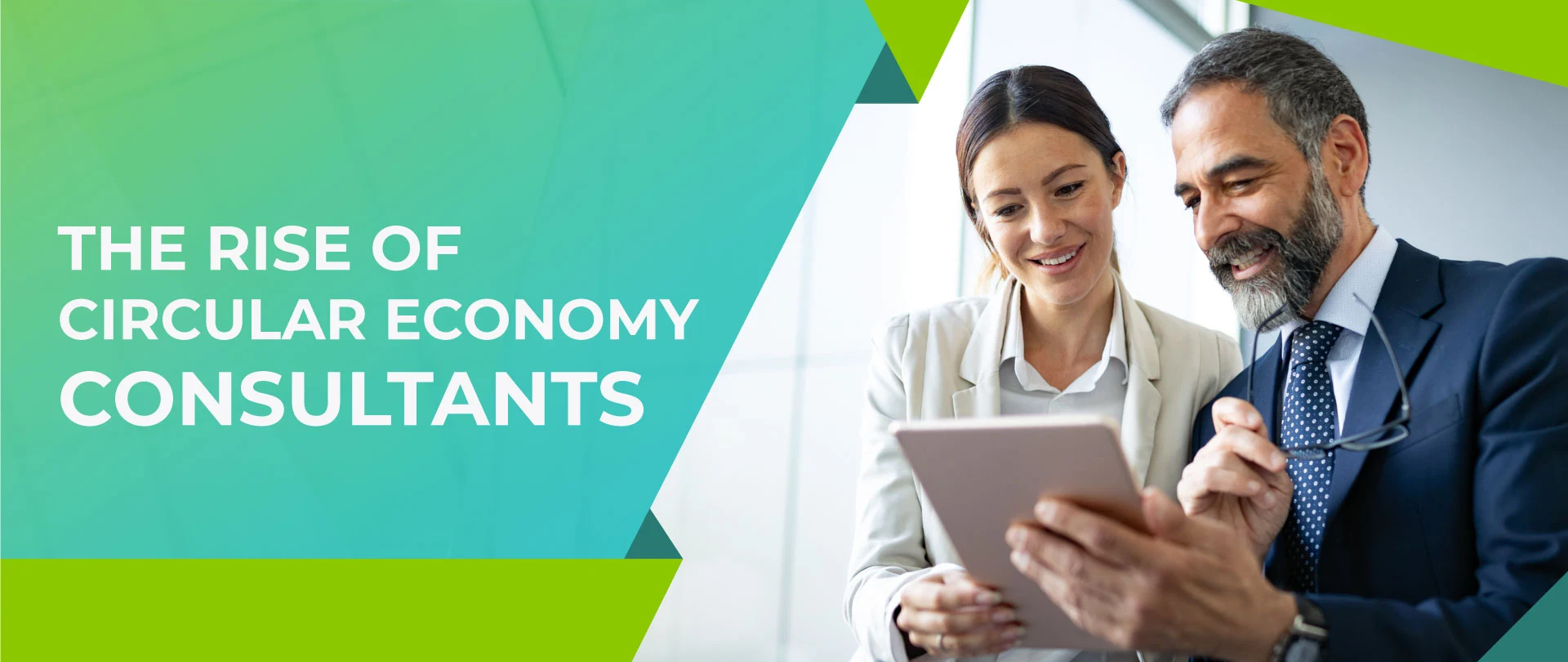
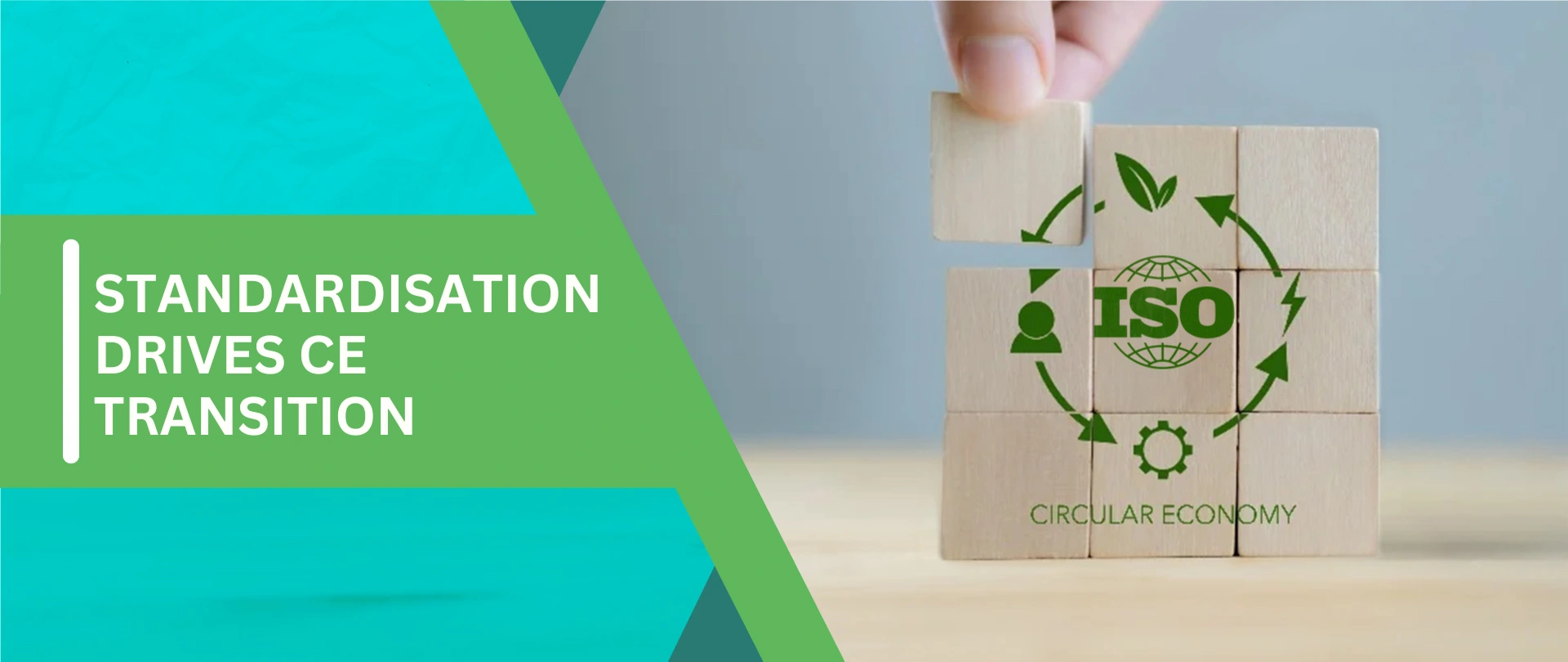
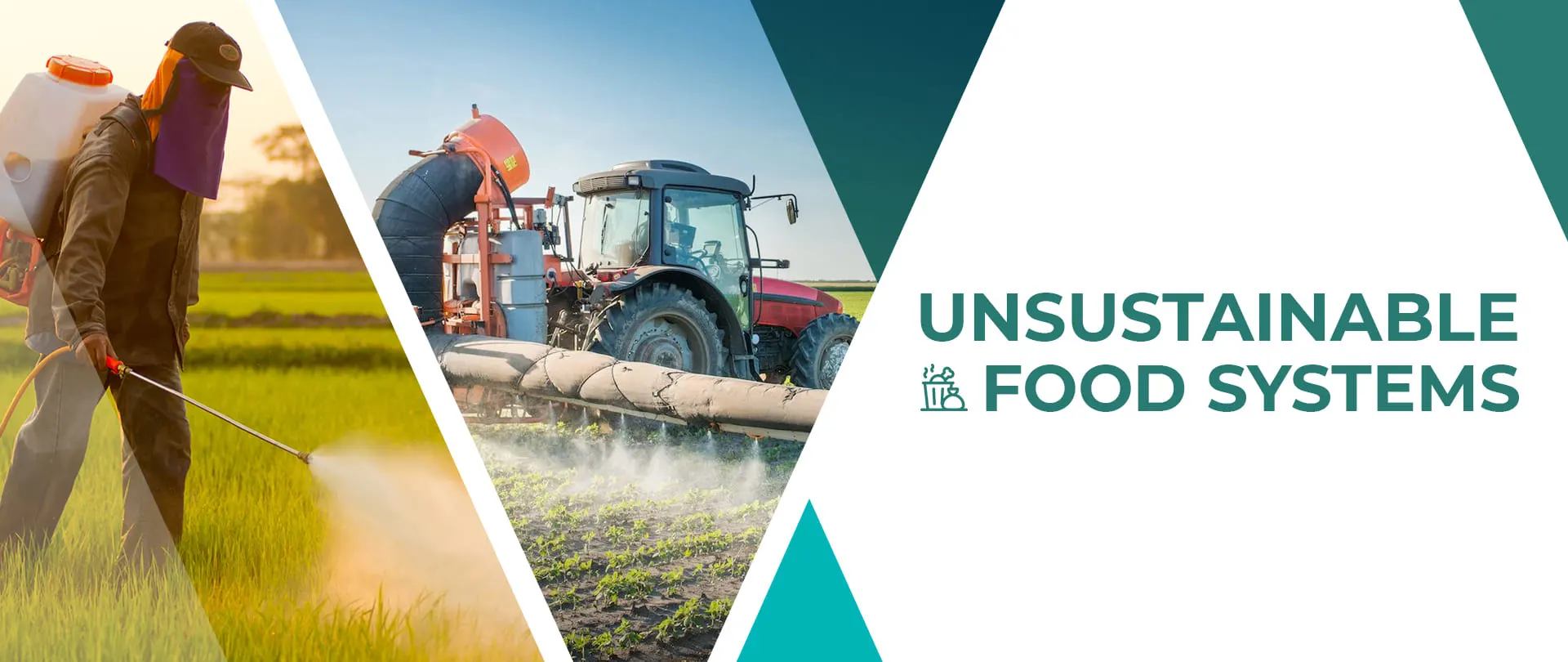




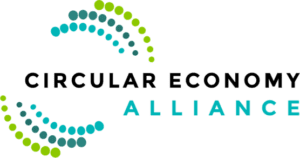
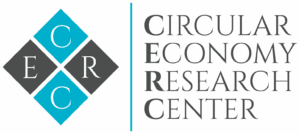


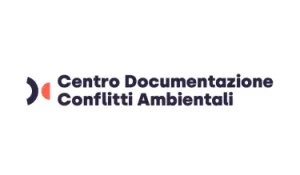

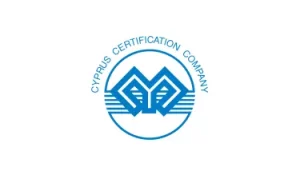

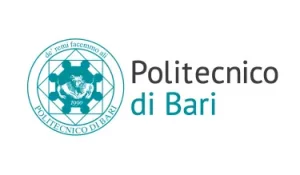















































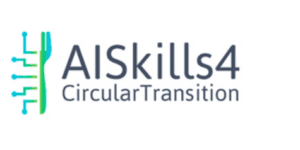
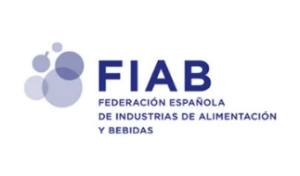





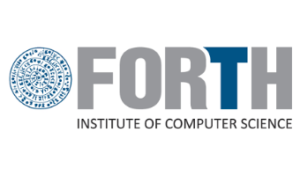



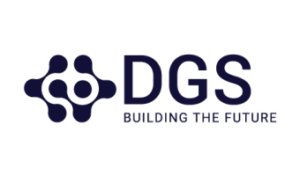

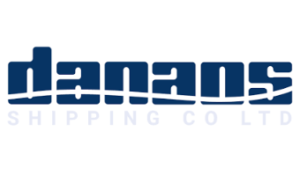

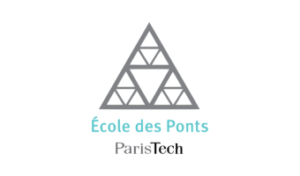
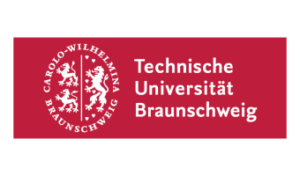
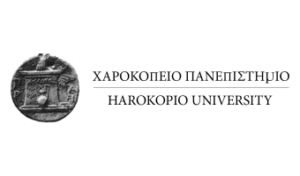


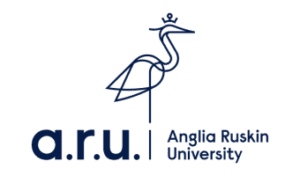


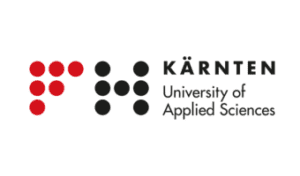
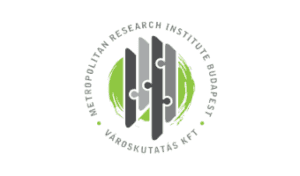
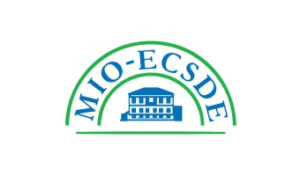


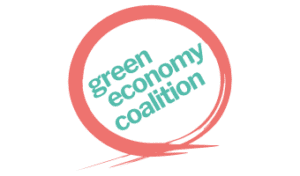

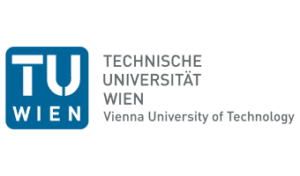





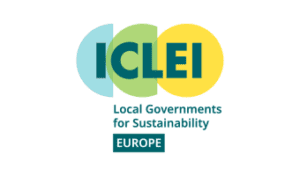

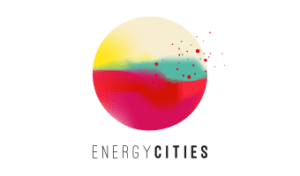


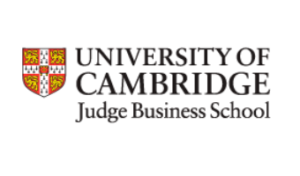



0 Comments